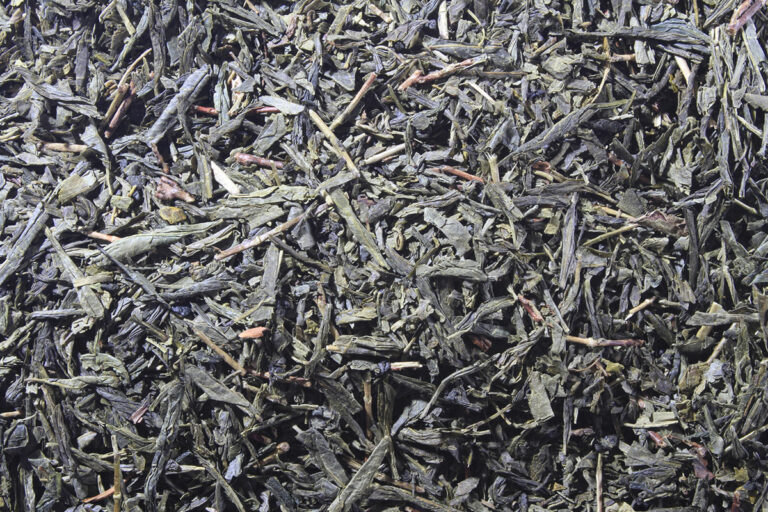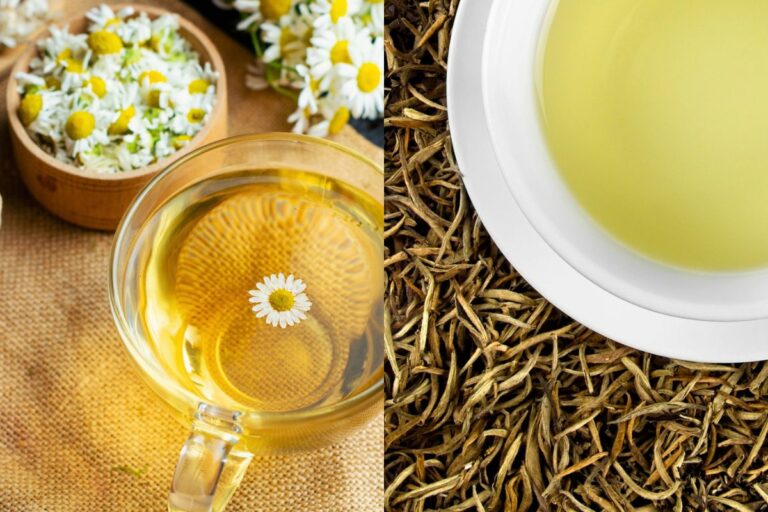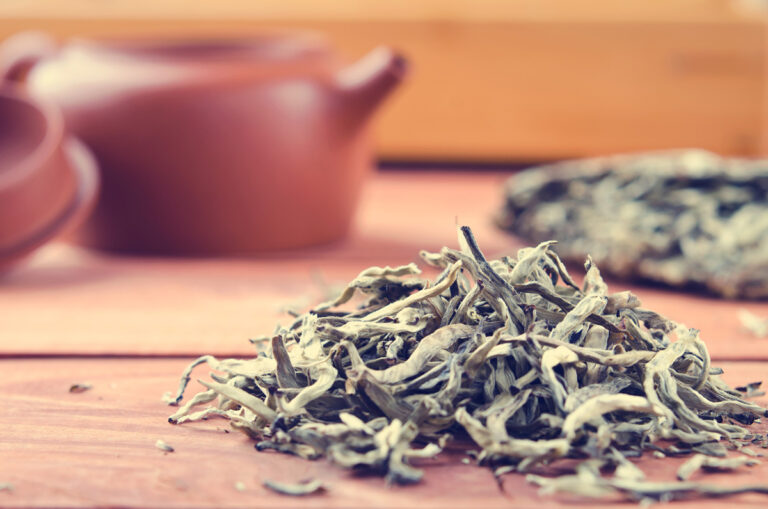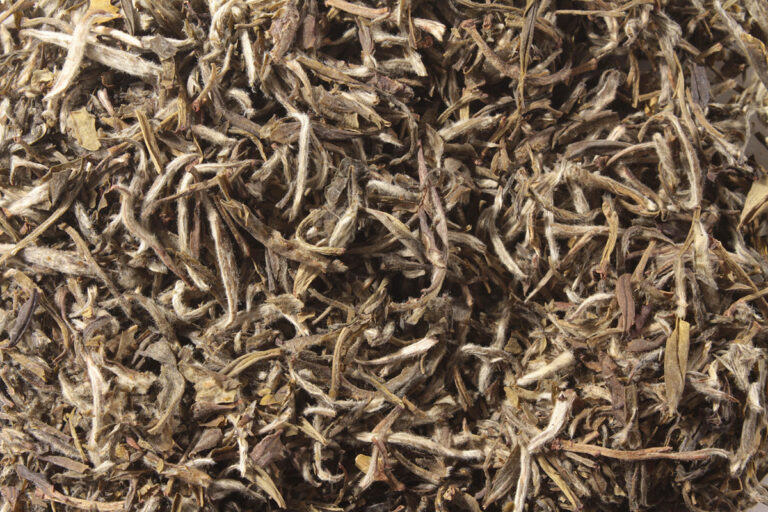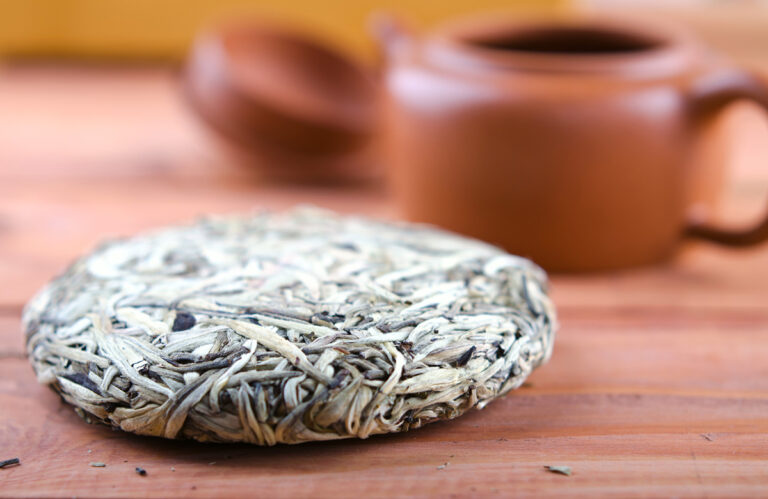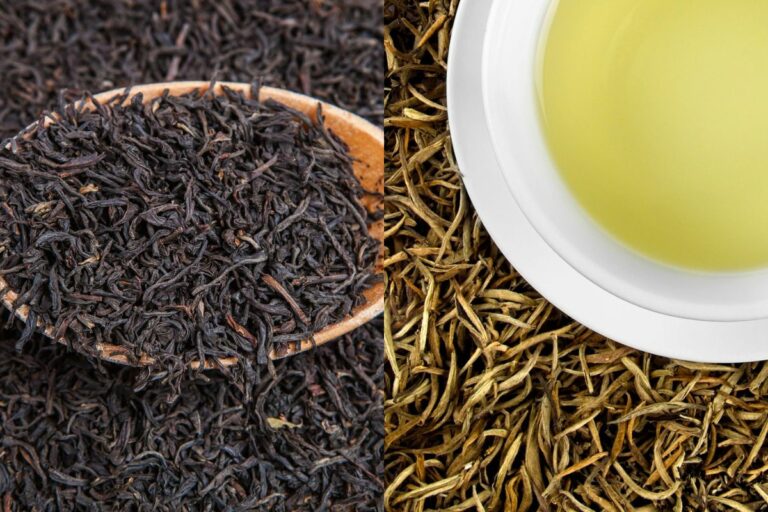Does White Tea Stain Your Teeth?
As white tea gains popularity for its health benefits, people are becoming curious about any potential adverse effects it may have. One common concern is that its consumption might cause teeth staining – but is this true?
The quick answer is no; white tea doesn’t stain teeth. While black and green teas are associated with high levels of tannins and acidity, which can cause teeth staining, white tea is recognized for its minimal amounts of both. Additionally, white tea is believed to offer protection against harmful bacteria that can affect dental health.
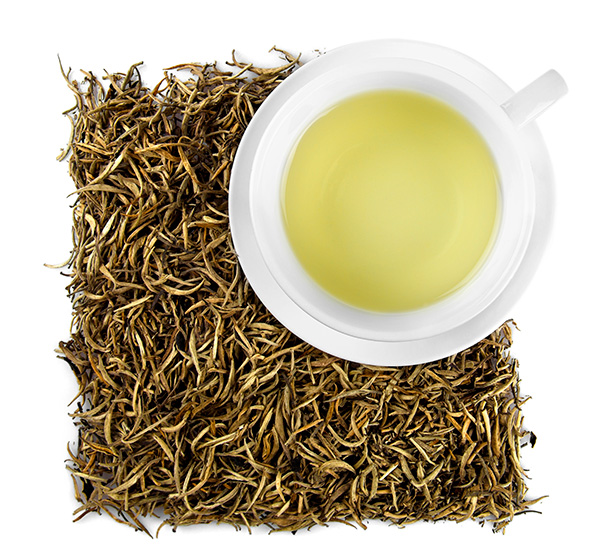
Why Do Many Teas Stain Teeth, but not White tea?
The reason why white tea is less likely to stain teeth is due to its low tannin content. But what exactly are tannins, and why do certain teas have staining effects? Let’s explore the science behind tea staining and its causes.
The following are the key factors that contribute to tooth staining caused by certain teas:
- Tannin content: Tea contains natural compounds called tannins that can bind with proteins on the tooth enamel, causing discoloration.
- Acidity level: The acidity of some teas can erode the enamel and make it more susceptible to staining.
- Chromogens: Teas contain pigments called chromogens that give them their color and can stick to the tooth surface, leading to stains over time.
A study reported that the tannin content in black tea varied from 11.76% to 15.14%, with an average of 13.36%. The tannin content in green tea is significantly lower than in black tea, averaging only 2.65%. Oolong tea falls in between, with an average tannin content of 8.66%.
Although white, black, green, and oolong teas come from the Camellia sinensis plant, white tea is harvested before the leaves fully open, resulting in minimal tannins and polyphenols compared to matured tea plants. White tea is less likely to cause stains compared to other teas from the Camellia sinensis plant due to this fact.
What Are Other Teas That Are Less Likely To Stain Teeth?
If you’re looking for tea varieties that are less likely to cause dental stains, consider these options:
- Rooibos tea: This South African herbal tea has a deep nutty flavor and a bright red color in a cup. Despite its hue, rooibos tea is less likely to stain teeth than traditional black or green teas. On top of that, Rooibos tea is also caffeine free.
- Peppermint tea: Peppermint tea offers a wealth of beneficial botanicals, antioxidants, refreshing taste, and digestive advantages. In contrast to other teas, its low tannin content and neutral pH make peppermint tea less likely to cause tooth enamel erosion or staining.
- Ginger tea: With its tangy taste and lack of tannins or acids, ginger tea is another excellent option for those who want to enjoy a hot beverage without worrying about dental stains. It’s also known for its ability to soothe stomach issues and promote digestion.
What Are The Benefits of White Tea?
Here are some benefits of white tea:
- Contains antioxidants: Those looking for natural ways to support their overall health may want to consider adding white tea to their diet – research indicates it could offer protection against both heart disease and cancer.
- Can promote healthy skin: The antioxidants in white tea may also benefit the skin by reducing inflammation and protecting against UV damage, potentially reducing signs of aging such as wrinkles and age spots.
- May aid weight loss: Some research suggests that white tea may help boost metabolism and aid in weight loss efforts due to its caffeine content and ability to break down fat cells. More research is necessary to confirm these effects, though.
- May help protect your teeth from bacteria: White tea may help protect your teeth from bacteria. Research has indicated that polyphenols in white tea can prevent tooth decay and cavities. In addition to aiding in cavity prevention, white tea is beneficial for oral health by reducing inflammation and promoting healthy gums, according to research.
- May protect against osteoporosis: Those concerned about maintaining strong bones may want to consider adding white tea to their diet – research indicates it could offer protection against osteoporosis. Research involving animals has found that the flavonoids in white tea can be beneficial in promoting bone density and reducing fracture risk.
If I Like Black, Green, or Oolong Teas, Is There a Way to Prevent Tooth Staining?
For those who prefer black, green, or oolong tea, here are four useful tips to help prevent tea stains on your teeth:
- Milk can help prevent tannins from sticking to your teeth without affecting the number of tannins in your tea. The calcium intake may help strengthen tooth enamel.
- Rinse your mouth with water or mouthwash immediately after drinking black tea to remove dark-colored liquid between your teeth.
- Brush and floss regularly, especially after consuming dark-colored beverages like black tea.
- To remove tannins from your teeth, increase your consumption of abrasive foods like rice crackers, radishes, celery, and other crunchy vegetables.
- Use a straw when drinking black tea to prevent tannins from contacting the front surface of your teeth and causing discoloration.
Best White Teas for You to Consider
If you’re contemplating your first white tea purchase or considering a change from your present white tea, here are some of the top white tea brands you may want to explore.
Conclusion
White tea is an excellent choice to avoid tooth staining while still receiving the potential health benefits of drinking tea. While it’s not the only type of tea that doesn’t stain teeth, its low tannins and added health benefits make it a great choice.

